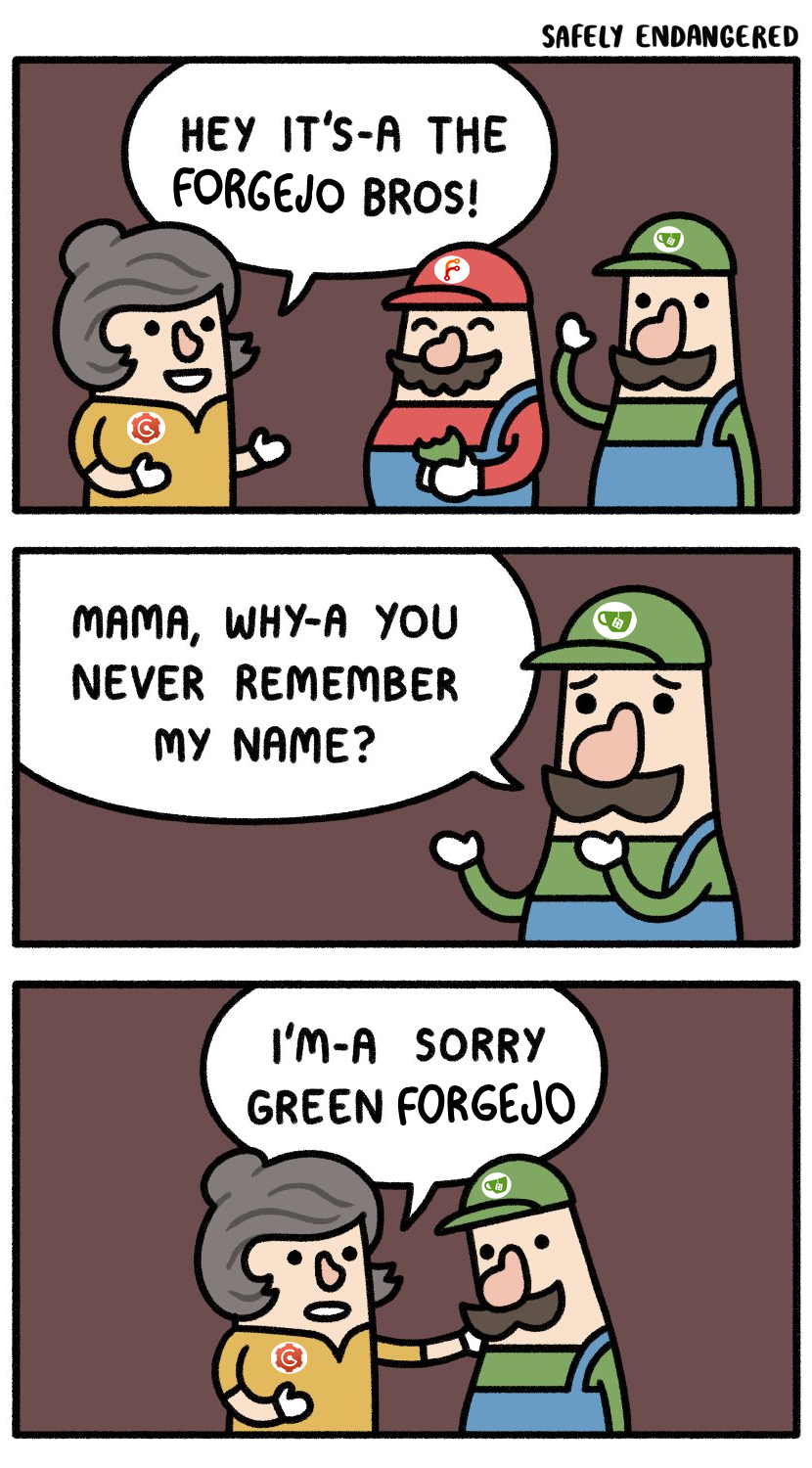Have you checked if there is any record of your Bluetooth card on the Linux hardware database?
That might give you an indication of how well it's supported
QuazarOmega
This got me teary eyed, I feel humbled when I hear these stories and wonder why I don't put more effort into what I do
Never done anything with 2 mics, so I'll just throw a vague suggestion: there's Helvum to combine the mic inputs and then Easy Effects that can apply a few noise suppression filters that can do world of a difference, maybe the first isn't even necessary, while the second is the core and can be tweaked a lot
cat propaganda
Yep, a never ending cycle!
Boomer just has such a nice ring to it, can't wait to be called that, already got called old for not being in on the latest memes so it's only a matter of time
Damn, TikTok has been here for at least 5 years now?? Those old-feeling people were right, I do feel old
Knew someone would say that, lol, gold project, sad that it's gone unmaintained and my man started working on home-manager at home
..wait
Yew* Rust
FTFY
This doesn't account for all the comfort food the programmer will have to consume in order to keep themselves sane
Let the Zucc feel the heat
Oh that's fair, never would have guessed myself

I rudely agree with your opinion